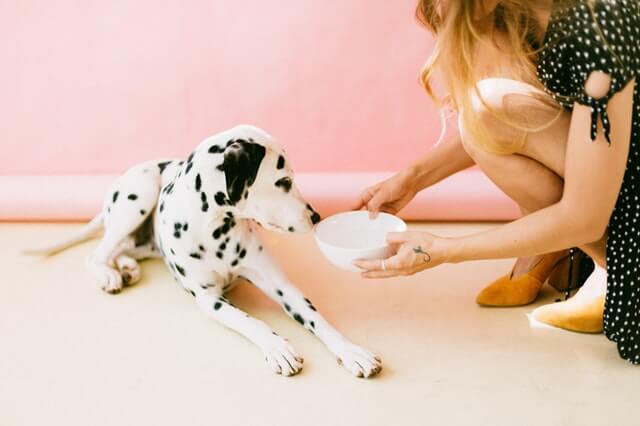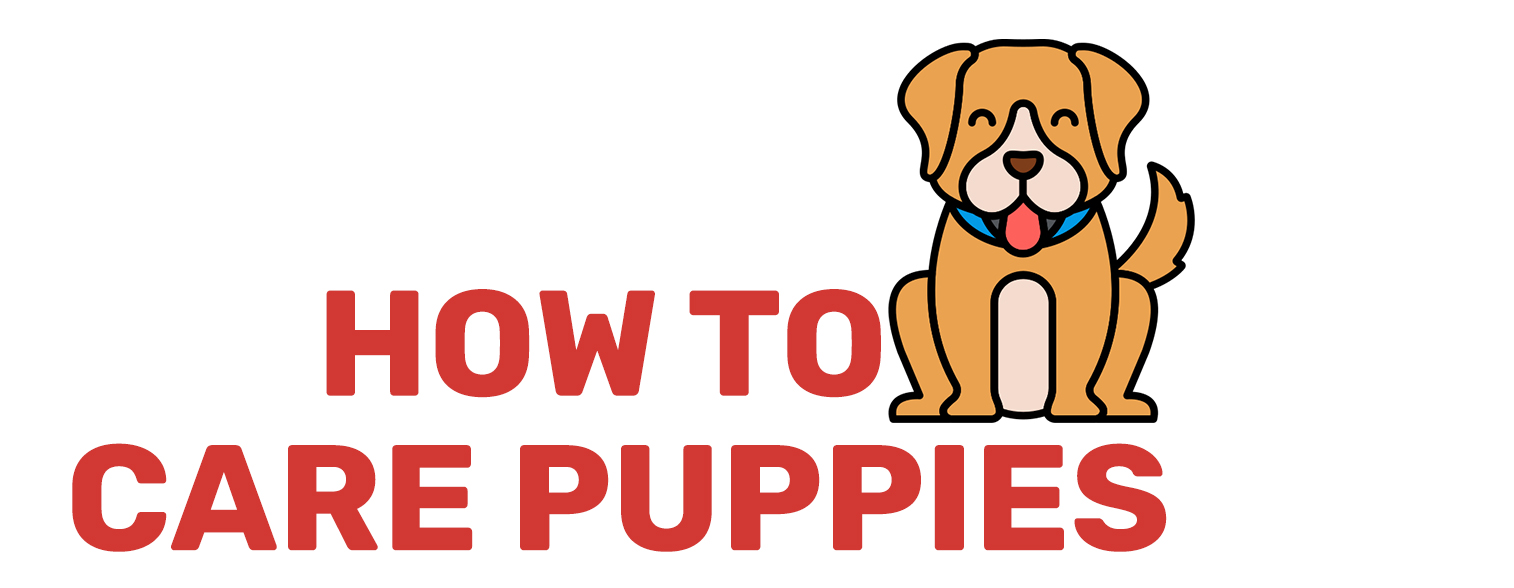
Feeding schedule for your puppy
The nutritional needs for a puppy are much more demanding than when they are older. It is therefore indispensable that you decide on a high quality food that is well balanced for the best possible nutrition during the first part of their life. In this short article you will find some helpful suggestions of feeding your puppy. Good quality feeding routines start as soon as you get your puppy. The quality of you puppy’s diet will influence their development, their health, their appearance and their attitude.
Your puppy’s feeding schedule may also have an influence on many behavioral aspects such as begging to house training. It is also vital to stop your puppy from picking up too much weight, as this can lead to obesity and health problems later on in their life. Be careful in choosing your puppy’s diet. There is too much misinformation in the market regarding puppy foods. The competition between companies selling dog foods is very confusing. There is definitely some truth in the old saying that “you get what you pay for” when it comes to dog food. Feel free to ask your local vet about any questions you have regarding your puppy’s diet.
Do not allow your puppy to eat as much as they want to. This may lead to digestive problems such as vomiting and diarrhea, bloating and also obesity. It is advised that you give your puppy their portions of food in two or three meals during the day. Any leftover food should be removed from your puppy’s bowl. Do not give your puppy food from the table. They should learn early on that “human food” is off-limits, and this will help to decrease begging. This will also help that your puppy will not become a picky eater later on.
Acquaint yourself with healthy treats, especially when you want to treat your puppy. You will find that there are quite a few healthy treats available on the market.
You can also use meals to serve as a house training opportunity. It is normal fir puppies to relive themselves 5 to 15 minutes after mealtimes. So after feeding your puppy, you should take them outside to a suitable location in your yard where they can eliminate. Be sure to praise your puppy after they have done this.
Food is a brilliant tool when it comes to training your puppy. Food will make training an easier and more positive experience for your puppy. Also feed your puppy in a calm spot. Also stay away from feeding your puppy just before or after exercise. This will help to create stability, and will lessen enthusiasm around mealtimes.
Also introduce changes to diets slowly. If you are altering your puppy’s diet, mix the new food with the earlier diet in little quantities during the first day or two. The portion of the new diet can then be slowly increased over the next week or so, until your puppy is entirely used to the new diet.
Do not give your puppy any bones to eat. This can lead to digestive disorders – bone fragments can cause damage which may lead to the use of medication, and in some cases even surgery.
For quality products at cheap prices, try pets-direct.net for dog leads and dog collars.
